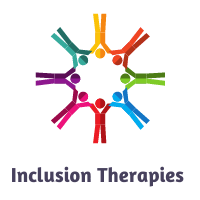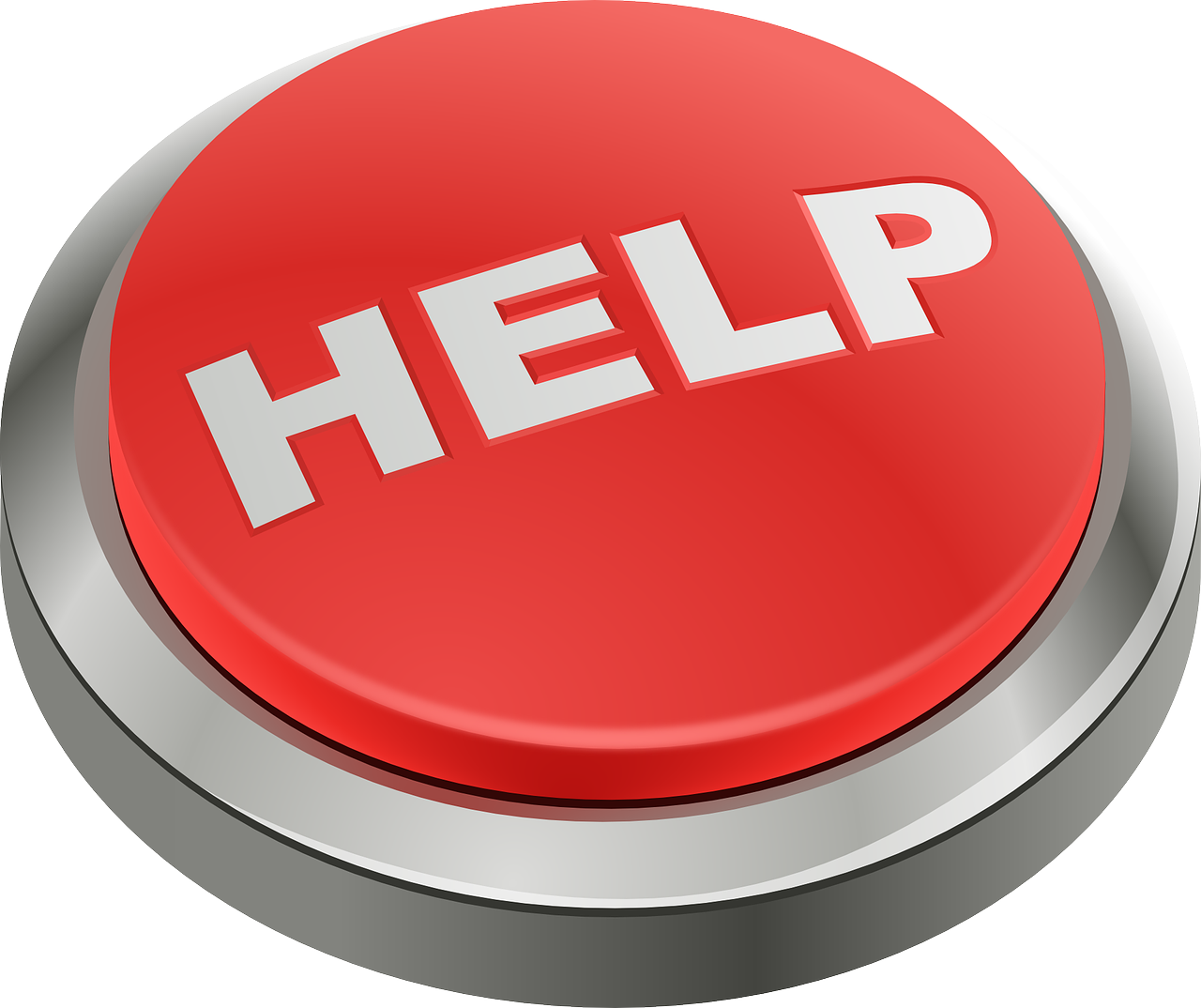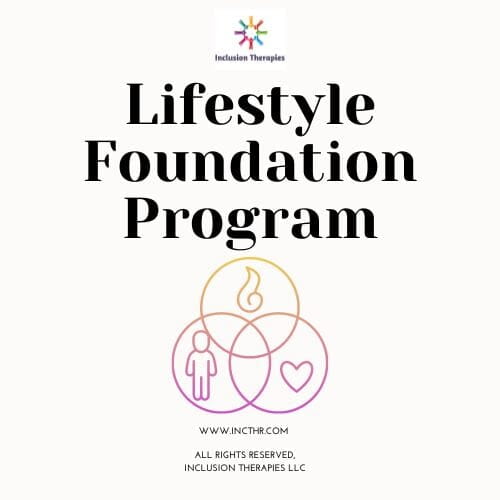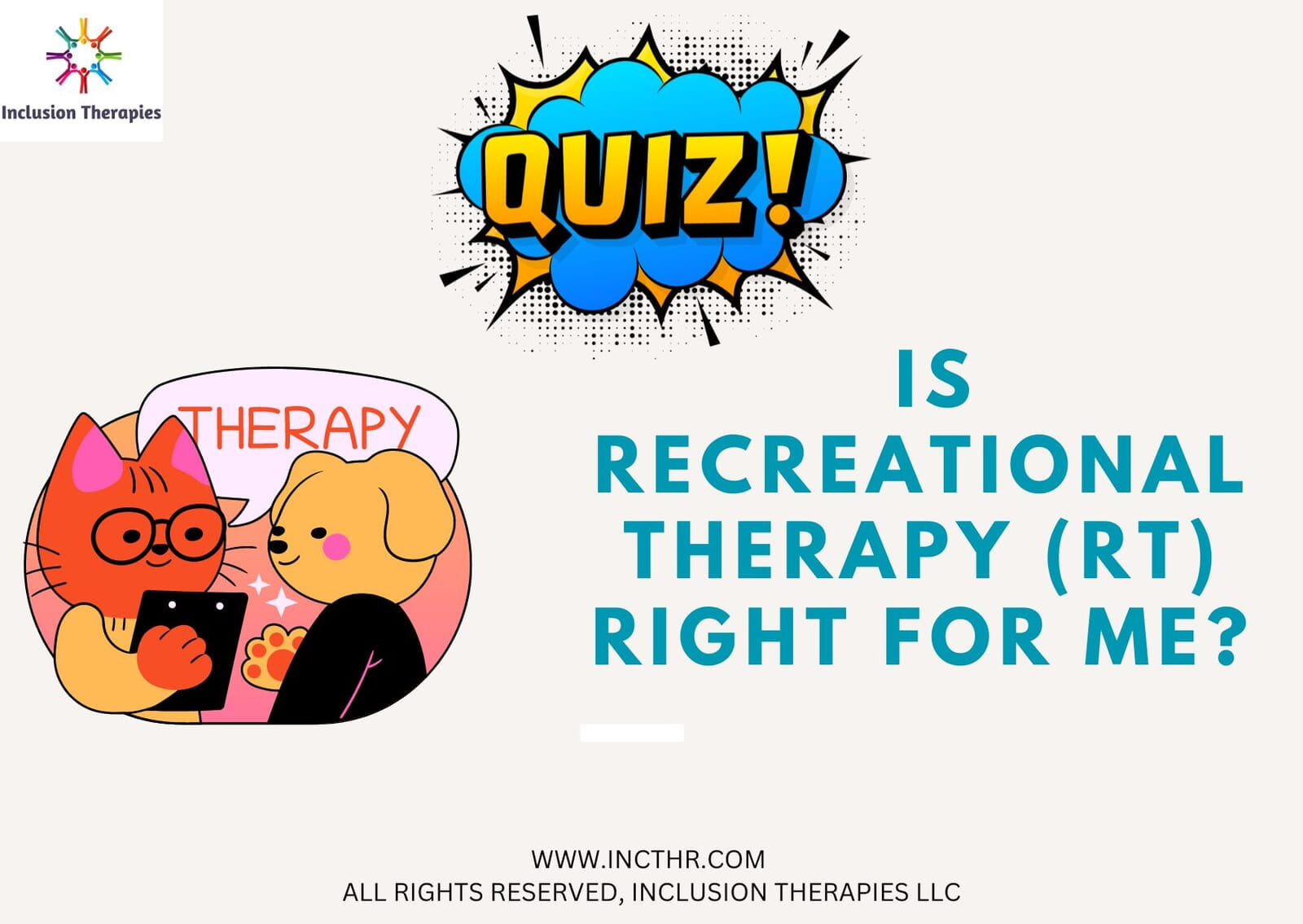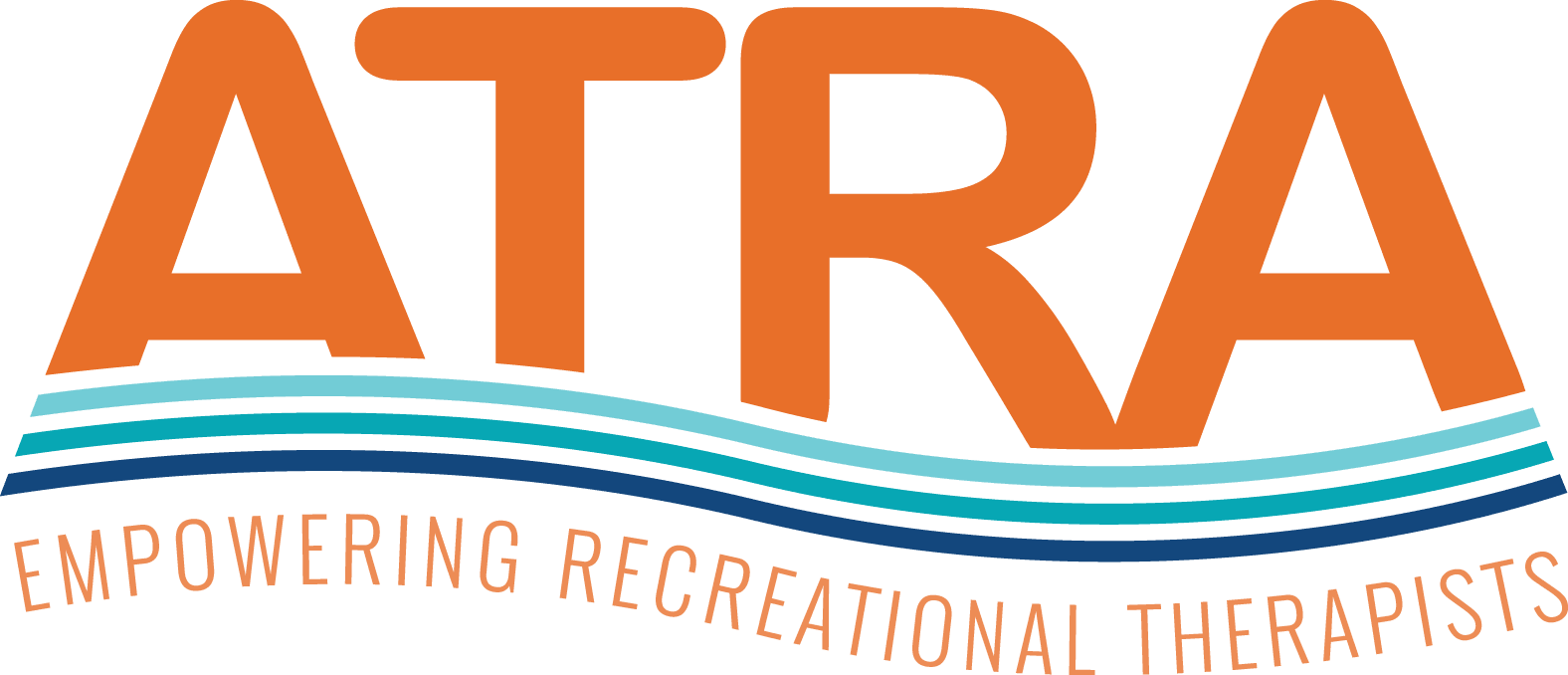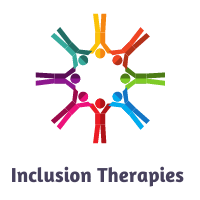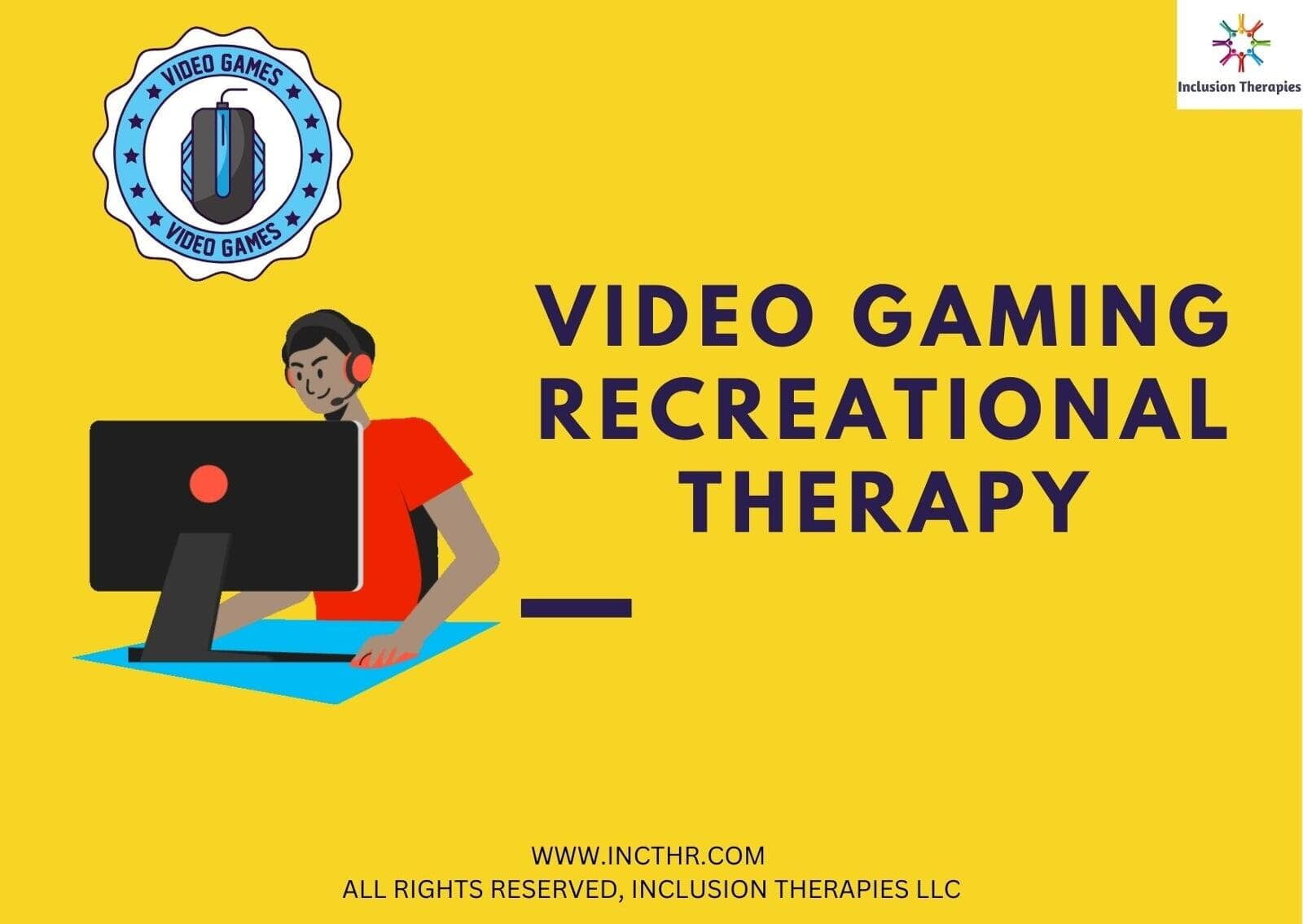
Treatment Activity
Digital Health:
Video Gaming
Recreational Therapy
(including online sessions in Fortnite)
To Start Video Gaming (Fortnite) Recreational Therapy:
1. Sign up for membership (which includes automatic enrollment in the Lifestyle Foundation Program).
2. In your first session Assessment, share with the Recreational Therapist that you enjoy video gaming (Fortnite) as a therapy activity technique.
3. After your Assessment, you will schedule private and/or group Fortnite recreational therapy sessions online or in-person at our Lake Travis Center.
FAQ: Video Gaming
"Gaming promotes the repetition, intensity and task-oriented training needed to support an individual’s rehabilitation goals.[...for] patients include those recovering from strokes as well as spinal cord and head injuries[.]"
- University of Michigan, Medicine Inpatient Rehabilitation Computer Therapy Lab, Regaining Lost Function with the Help of Video Games, 7/25/2017
- Video Gaming Therapy uses commercial video games for the prevention, treatment and rehabilitation of health conditions.
- Institute of Electrical and Electronics Engineers (IEEE), Video Game Approved as Prescription Medicine U.S. Drug safety agency says EndeavorRx has proven therapeutic effect, 7/31/2020
Educational Video,
Adaptive Video Gaming at Helen Hayes Hospital
For our online sessions within the game for adults and children 13+:
For children age 12 and under:
None at this time.
What about other games?
We invite you to explore other game suggestions as treatment options!
1) If there are other games that are compatible with the therapist and the client's hardware and software; and,
2) allow for private communication only between client and therapist; and,
3) the content is not inappropriate for health care treatment (e.g., violence, criminal activity, etc.);
let your therapist know and they will assess whether a specific game is suitable for therapeutic use in a session.
"[O]nline interactions allow individuals with mental health challenges to receive much needed social support and a sense of connectedness or belonging (28, 29), which are ideal interventions for individuals with suicidal ideation and behavior."
- Colder Carras, M., Van Rooij, A. J., Spruijt-Metz, D., Kvedar, J., Griffiths, M. D., Carabas, Y., & Labrique, A. (2018). Commercial Video Games As Therapy: A New Research Agenda to Unlock the Potential of a Global Pastime. Frontiers in psychiatry, 8, 300. https://doi.org/10.3389/fpsyt.2017.00300
- Video Gaming therapy sessions part of a membership. They are online within a game (e.g., Fortnite, if the client has internet access and hardware/software) or in-person at our Lake Travis Center for Therapeutic Recreation Technology (CTRT).
- The client and Recreational Therapist will select an age-appropriate (based on Entertainment Software Rating Board at ERSB.org) and/ or health-supportive content Video Game relating to their healthcare outcomes. For example, someone with challenges with effective communication or emotional regulation may select the video game of professional soccer (FIFA23) to play during a session to improve their ability to express their ideas to teammates (and/or accept undesired outcomes while maintaining control of their emotions, for instance, when they lose).
- The therapist team may play on a team with client, or on an opposing team or observe the client play.
- FOR PEDIATRIC CLIENTS: During each private in-person session, the client will be engaged in video game play and then will have a debriefing session (to talk about the video game reactions). Client will practice stopping game play (in acceptance of previously agreed to session time limits) while managing emotional responses in a healthy manner.
"[T]here is emerging empirical research into the area of commercial video games as therapy (VGTx). [...O]ne might consider VGTx as a different take on games for health. Instead of making a game as a way to address a health problem, we suggest adapting or incorporating games that millions of people already play into interventions that promote health."
-Colder Carras, M., Van Rooij, A. J., Spruijt-Metz, D., Kvedar, J., Griffiths, M. D., Carabas, Y., & Labrique, A. (2018). Commercial Video Games As Therapy: A New Research Agenda to Unlock the Potential of a Global Pastime. Frontiers in psychiatry, 8, 300. https://doi.org/10.3389/fpsyt.2017.00300
"How the U.S. Department of Veterans Affairs (VA) is using electronic gaming to help reduce suicides for vets"
- The Washington Post (11/11/2019)
"[S]uccess in playing the computer solitaire game FreeCell may be useful to monitor cognitive status in adults with mild cognitive impairment (8), while new augmented reality games such as Pokémon GO could be useful to promote physical activity among those who are normally reluctant to engage (7). For children undergoing surgery, a hand-held game was more useful in relieving preoperative anxiety than a dose of midazolam (10). Puzzle games such as Tetris and Bejeweled have been shown to reduce depression, stress, and even prevent flashbacks after a traumatic event."
- Colder Carras, M., Van Rooij, A. J., Spruijt-Metz, D., Kvedar, J., Griffiths, M. D., Carabas, Y., & Labrique, A. (2018). Commercial Video Games As Therapy: A New Research Agenda to Unlock the Potential of a Global Pastime. Frontiers in psychiatry, 8, 300. https://doi.org/10.3389/fpsyt.2017.00300
"[T]he therapeutic use of technology to help develop physical, cognitive, perceptual and visual skills to improve a patient’s level of function and independence."
- University of Michigan, Medicine Inpatient Rehabilitation Computer Therapy Lab, Regaining Lost Function with the Help of Video Games, 7/25/2017
Please read all of our policies. If you engage in online gaming, please review the specific information related to your privacy while online. If you do not consent to the privacy limits in regards to online / electronic gaming, do not agree to any online / electronic game treatment technique activity. Our policies include, but are not limited to:
"[I]f I elect to engage in digital/electronic gaming therapy that I consent for a limited waiver of protected health information while engaged in treatments utilizing digital gaming. We will act in good faith and with due diligence to adhere to clients’ legal rights as per actions within our control. Client expressly acknowledges and agrees that engaging in digital gaming may expose client to data beyond the control of Inclusion Therapies LLC that may be being accessed by gaming providers[...]"
TREATMENT TECHNIQUE ACTIVITY
ADDICTION AWARENESS:
There are issues related to excessive activity engagement for some individuals.
We request that potential clients please access health care providers who treat excessive engagement (addiction).
Inclusion Therapies is not an addiction treatment specialist (substance or behavioral).
Substance addiction:
We do not allow use of any substances (alcohol or drugs, including vaping) during our sessions.
Behavioral addiction:
Our sessions and/or groups are not intended, nor appropriate, for an individual who excessively engages in a specific treatment technique activity (behavioral addiction). These activities include, but are not limited to: an addiction to gambling, eating, exercising or dieting, shopping, video gaming, internet use, musical practice, collecting, work, love, etc..
If treatment staff become aware of an addiction to (or excessive engagement in) a specific treatment technique, the member will be removed from sessions and groups utilizing that activity (with non-addictive activities substituted). For example, if someone is discovered to be living with a gambling addiction involving the card game of poker, they will not engage in poker games during their treatment sessions.
When does an activity potentially become a behavioral addiction?
- "The essential feature of behavioral addictions is the failure to resist an impulse, drive, or temptation to perform an act that is harmful to the person or to others[.]"
- "These characteristics include tolerance (the need to use the substance or perform the troublesome behavior at higher doses, or more and more frequently, in order to achieve the same effect); withdrawal (feelings of restlessness, irritability, and discontent following abrupt discontinuation of the substance or the behavior); obsessive thinking and planning that block out anything other than obtaining or engaging in the addictive agent or behavior; and accompanying external consequences in related to finances, health, interpersonal relationships, legal affairs, etc."
- Add minor children under 18 for an additional $49 per month per child (to share one membership together).
- Add adults over 18 for an additional $99 per month per adult (to share one membership together).
All New Members are Enrolled in our Lifestyle Foundation Program
The program is 2-6 months (based on client goals and plan) and is paid via monthly membership subscription.
Members may pause or cancel membership subscription at any time
(cancellation effective at the conclusion of their current prepaid month).
"Health care extends beyond pills and medical devices."
- Baker, D. L., & Dye, C. (2017). Prescribing Experience: Discussion of Recreational Therapy as Health Care. Journal of Disability & Religion, 21(3), 296–318. https://doi.org/10.1080/23312521.2017.1326875
